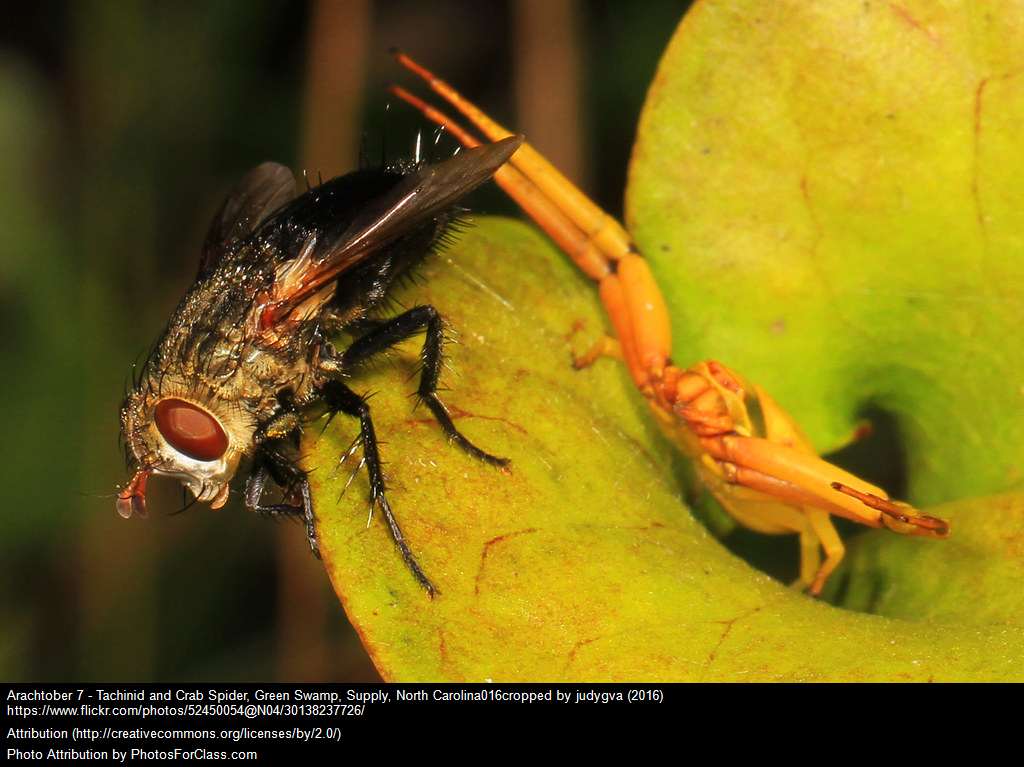
Midas cichlids (Amphilophus spp.) are a popular aquarium fish, but in the wild they’re found in South America, ranging from Nicaragua to Costa Rica. The 2018 Schol Bio paper included a really interesting question about a Nicaraguan ‘species complex‘ of these fish, based on a paper in Nature Communications. and a monograph in Cuadernos de […]
Continue reading




